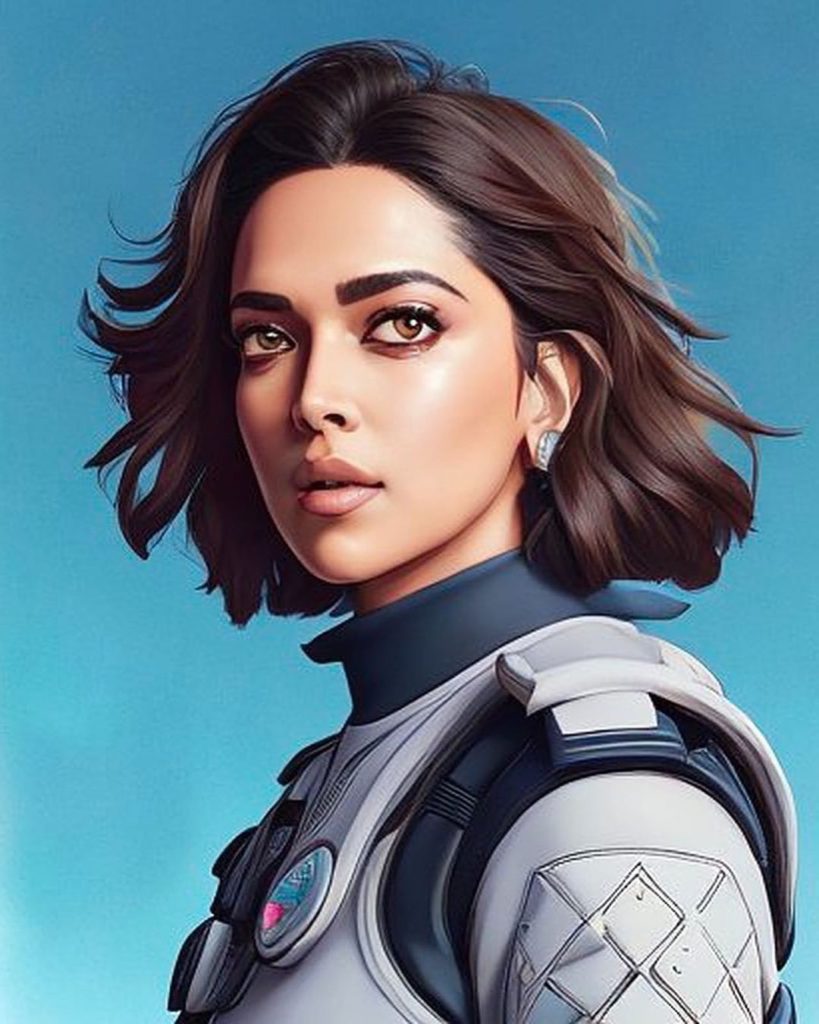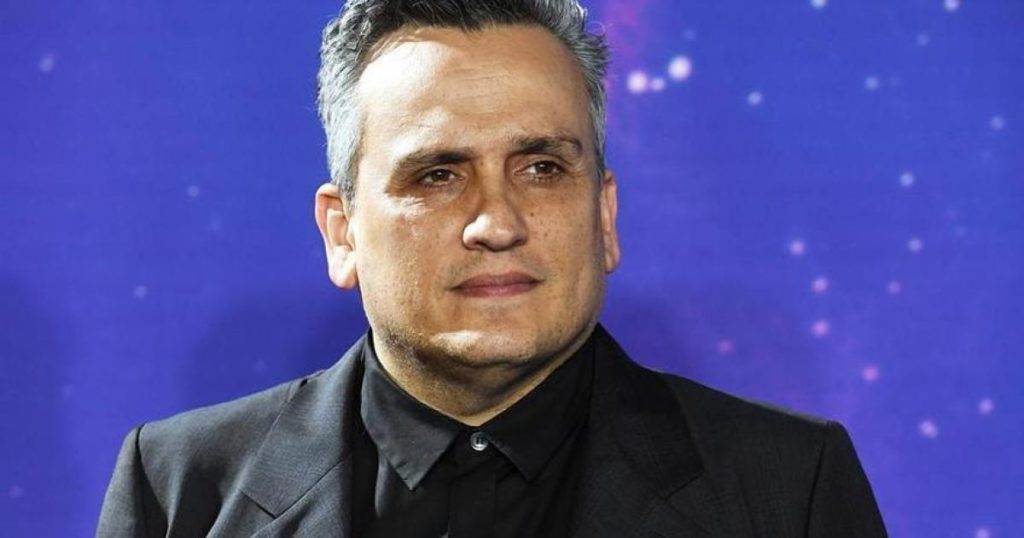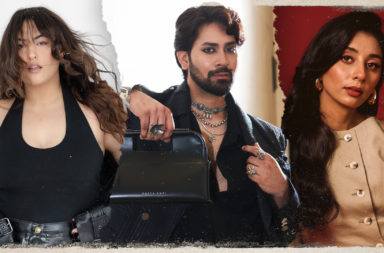The upcoming revolution in the tech space in terms of human-computer interaction and communication is ‘AI avatars.’ Bringing artificial intelligence and realistic virtual avatars together, this phenomenon holds immense potential to transform various industries and lives too. And celebrities are the latest to jump onto this bandwagon. Celebrity-approved AI avatars of themselves could actually be the next big thing in the media industry. Generative AI could actually yield realistic replicas of celebrities.

A Digital Twin
The life of a celebrity is no cakewalk. With multiple things to do and multiple places to be at all in one day, they barely get time for their personal lives. What if there existed a realistic digital avatar of them that can carry out some of their work commitments like brand endorsements and collaborations? Like a digital doppelganger!
The advancements in artificial intelligence can actually turn this assumption into reality. In fact, having a lookalike is no longer just an imagination, a lot of celebrities are now looking into producing their own digital lookalikes. Leading stars from the Indian film industry like Shah Rukh Khan, Hrithik Roshan, Ayushmann Khurrana, Ranveer Singh and more, are now changing their brand signing strategy, giving the rights of their photos or videos to brands to make advertisements while they aren’t physically present there.

Also Read: Giving A Bollywood Twist To the Barbenheimer Trend
Celebrities x AI Companies
Emerging as the top competitor to Snapchat’s Bitmoji, Genies is launching a software developer kit that charges other apps to let users create avatars and use them for chat, stickers, games, animations and augmented reality. “We’ve transitioned from being an app to an avatar services company,” says CEO Akash Nigam. Bigwigs of the industry are turning angel investors for AI ventures. Genies has raised $10 million through a round of multiple angel investors which include the likes of Tinder’s Sean Rad, Raya’s Jared Morgenstern; athletes like Kyrie Irving and Richard Sherman; musicians like A$AP Rocky, Offset from Migos, The Chainsmokers and 50 Cent. Some like Offset have even used their Genie for their brand sponsorships.
Months after Bruce Willis retired due to illness last year, he appeared in a commercial for a Russian wireless company thanks to an AI firm, Deepfake, that was able to re-create him. Typically, there are two types of avatar tools: one that generates realistic, moving and speaking avatars when fed with a video sample footage of a specific person; and a second type that generates more constrained moving avatars given a still image that is then manipulated to look responsive (blinking, grinning).
Ikonz is a Generative AI capable of generating text, images, or other media in response to prompts, similar to ChatGPT and Bing Chat. Ikonz’ vision is to bring together advanced technologies and cultural icons to create a new era of interactive entertainment. Indian cinema legend Amitabh Bachchan is venturing into the field of generative AI with this studio, aggregator and digital IP monetization platform. The Ikonz team is working with Mr. Bachchan to capture his iconic attributes and create virtual user interaction for his fans at various locations. The company has received investments from huge entities like Village Global, a venture capital firm backed by Mark Zuckerberg, Jeff Bezos, Bill Gates and Reid Hoffman; and from Rana Daggubati and Prasad Vanga’s Anthill Ventures.
Another AI-operated obsession, Lensa, the new photo creativity app developed by Prisma.ai, creates avatars using the images a user uploads. Celebrities like Chance the Rapper, Lilly Singh, Steve Aoki, Deepika Padukone and many more have tried their hands on Lensa and loved it. While signing up, the user has to upload at least 10 images of themselves. The more images you upload, the more varied your photos will look, and the app encourages users to include as many facial features, expressions, and angles as possible.
A World With AI Celebs
Realistic avatars and voice clones can be effectively deployed into productions without the celeb’s physical presence. These applications have the ability to replicate a specific actor for performances he or she might not otherwise have been able to execute- like instances that are beyond their physical capability, or being engaged in different projects, or unwell. Theoretically, it offers an actor more commercial opportunities, without physically being there. Generative AI could have a multiplier effect on talent opportunity if it allows celebs to accept simultaneous projects.

In a recent interview with Collider, director Joe Russo reflected on future possibilities within AI, wherein it would not only resurrect an actor but even bring the viewer into the production. “You could walk into your house and speak to your saved AI on your streaming platform: ‘Hey, I want a movie starring my photoreal avatar and Marilyn Monroe’s photoreal avatar. I want it to be a rom-com because I’ve had a rough day.’ And it renders a very competent story with dialogue that mimics your voice and suddenly now you have a rom-com starring you that’s 90 minutes long” explained Russo.
The Legal Implications
With AI avatars coming into the picture for celebrities, it could possibly lead to the creation of legal regulations, contracts and guidelines. This is needed to avoid any misuse, protect talent, ensure fair compensation and clear consented use. Clauses like simulation rights to performers’ images, voices and performances, effectively permitting future productions to use their synthetic likeness, have already begun to appear in some actors’ contracts.
While there is ample scope to expand talent opportunities, there’s also equal potential for talent exploitation and diminished future opportunities. This has also raised questions about how would a deceased actor’s digital property can or should be used. Let’s wait and watch how this phenomenon unfolds.


